Water Softener Questions
cjzimmer
14 years ago
Related Stories
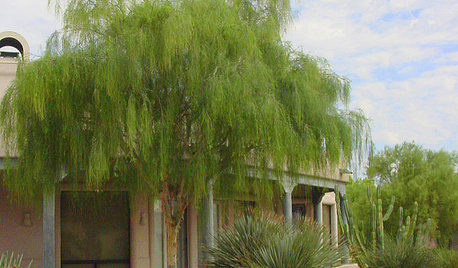
GARDENING GUIDESGreat Design Plant: Palo Blanco Softens Sharp Desert Angles
Willowy foliage and creamy white bark give this tree a delicate beauty, but its constitution is tough
Full Story
GREEN BUILDINGConsidering Concrete Floors? 3 Green-Minded Questions to Ask
Learn what’s in your concrete and about sustainability to make a healthy choice for your home and the earth
Full Story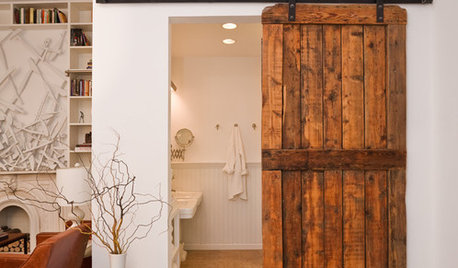
DOORS5 Questions to Ask Before Installing a Barn Door
Find out whether that barn door you love is the right solution for your space
Full Story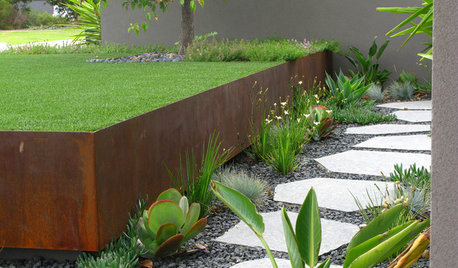
LANDSCAPE DESIGN7 Questions to Ask Before Laying Stepping Stones
These broken-up pathways invite you to put a spring in your step — while adding functionality to the garden
Full Story
GARDENING GUIDESGreat Design Plant: Northern Maidenhair Fern Softens Shade Gardens
Stir up some romance in dark corners with the billowy fronds of native Adiantum pedatum
Full Story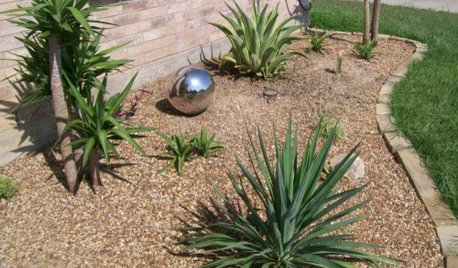
Design Dilemmas: 4 Questions for Houzzers
Share Your Advice for a Low-Water Garden, Wet Bar, Family Room and Basement Spa!
Full Story
GREEN DECORATING8 Questions to Help You See Through Green Hype
With the ecofriendly bandwagon picking up some dubious passengers, here's how to tell truly green products and services from the imposters
Full Story
KITCHEN DESIGN9 Questions to Ask When Planning a Kitchen Pantry
Avoid blunders and get the storage space and layout you need by asking these questions before you begin
Full Story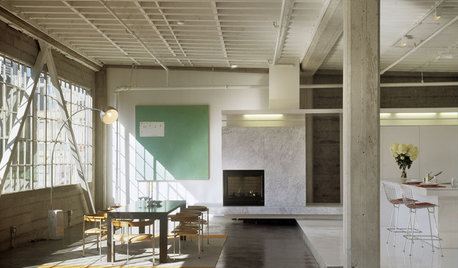
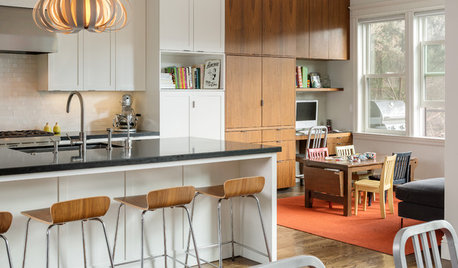
REMODELING GUIDES13 Essential Questions to Ask Yourself Before Tackling a Renovation
No one knows you better than yourself, so to get the remodel you truly want, consider these questions first
Full Story





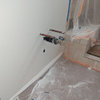
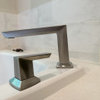
User
cjzimmerOriginal Author
Related Professionals
Chantilly Handyman · Hillcrest Heights Handyman · Plainview Kitchen & Bathroom Remodelers · Chicago Ridge Kitchen & Bathroom Remodelers · Deerfield Beach Kitchen & Bathroom Remodelers · Jacksonville Kitchen & Bathroom Remodelers · Linton Hall Kitchen & Bathroom Remodelers · Panama City Kitchen & Bathroom Remodelers · Park Ridge Kitchen & Bathroom Remodelers · Pinellas Park Kitchen & Bathroom Remodelers · San Juan Capistrano Kitchen & Bathroom Remodelers · Southampton Kitchen & Bathroom Remodelers · Tuckahoe Kitchen & Bathroom Remodelers · Warren Kitchen & Bathroom Remodelers · Middlesex Kitchen & Bathroom RemodelersUser
baymee
User